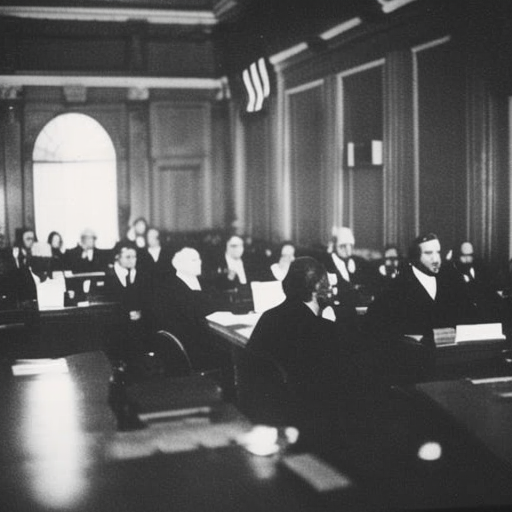The Battle of Saratoga (1777)
The Battle of Saratoga, fought in 1777 during the American Revolutionary War, was a turning point in the conflict. It consisted of two battles, the Battle of Freeman’s Farm on September 19 and the Battle of Bemis Heights on October 7. The American victory at Saratoga is considered a major turning point because it convinced France to openly support the American cause, leading to their eventual victory.
Background: In 1777, the British devised a plan to divide and conquer the rebellious American colonies. General John Burgoyne was assigned the task of leading a force south from Canada to Albany, New York, while General William Howe would move north from New York City. Burgoyne’s goal was to cut off New England from the rest of the colonies and force the rebels to surrender.
The Battle of Freeman’s Farm: On September 19, Burgoyne’s forces clashed with American troops led by General Horatio Gates at Freeman’s Farm. The battle was fierce, with both sides suffering heavy casualties. Although the British initially gained ground, the Americans held their position and inflicted significant losses on the enemy. The battle ended inconclusively, but it set the stage for the decisive Battle of Bemis Heights.
The Battle of Bemis Heights: On October 7, Burgoyne launched a new attack on the American position at Bemis Heights. The Americans, led by General Benedict Arnold, fought fiercely and repelled the British assaults. Arnold’s leadership and bravery were crucial in turning the tide of the battle. Eventually, the British forces were forced to retreat, suffering heavy losses. This defeat marked a significant turning point in the war.
Consequences: The American victory at Saratoga had several important consequences. Firstly, it boosted American morale and demonstrated that the British could be defeated. Secondly, it convinced France to openly support the American cause. The French had been secretly aiding the Americans, but after Saratoga, they signed a treaty of alliance with the United States. This alliance brought French military and financial support, which played a crucial role in the ultimate American victory.
Significance: The Battle of Saratoga is considered a turning point in the American Revolutionary War. It boosted American morale, secured French support, and demonstrated to the world that the American cause was viable. The victory at Saratoga also convinced other European powers, such as Spain and the Netherlands, to support the American cause, further isolating Britain.
Legacy: The Battle of Saratoga had a lasting impact on the United States. It is often credited with being the turning point that led to American independence. The battle is also remembered for the heroics of General Benedict Arnold, who played a crucial role in the American victory but later became a traitor to the American cause.
In conclusion, the Battle of Saratoga was a pivotal moment in the American Revolutionary War. The American victory at Saratoga boosted morale, secured French support, and ultimately led to the American victory in the war. The battle is remembered as a turning point that demonstrated the viability of the American cause and convinced other European powers to support the rebels.












